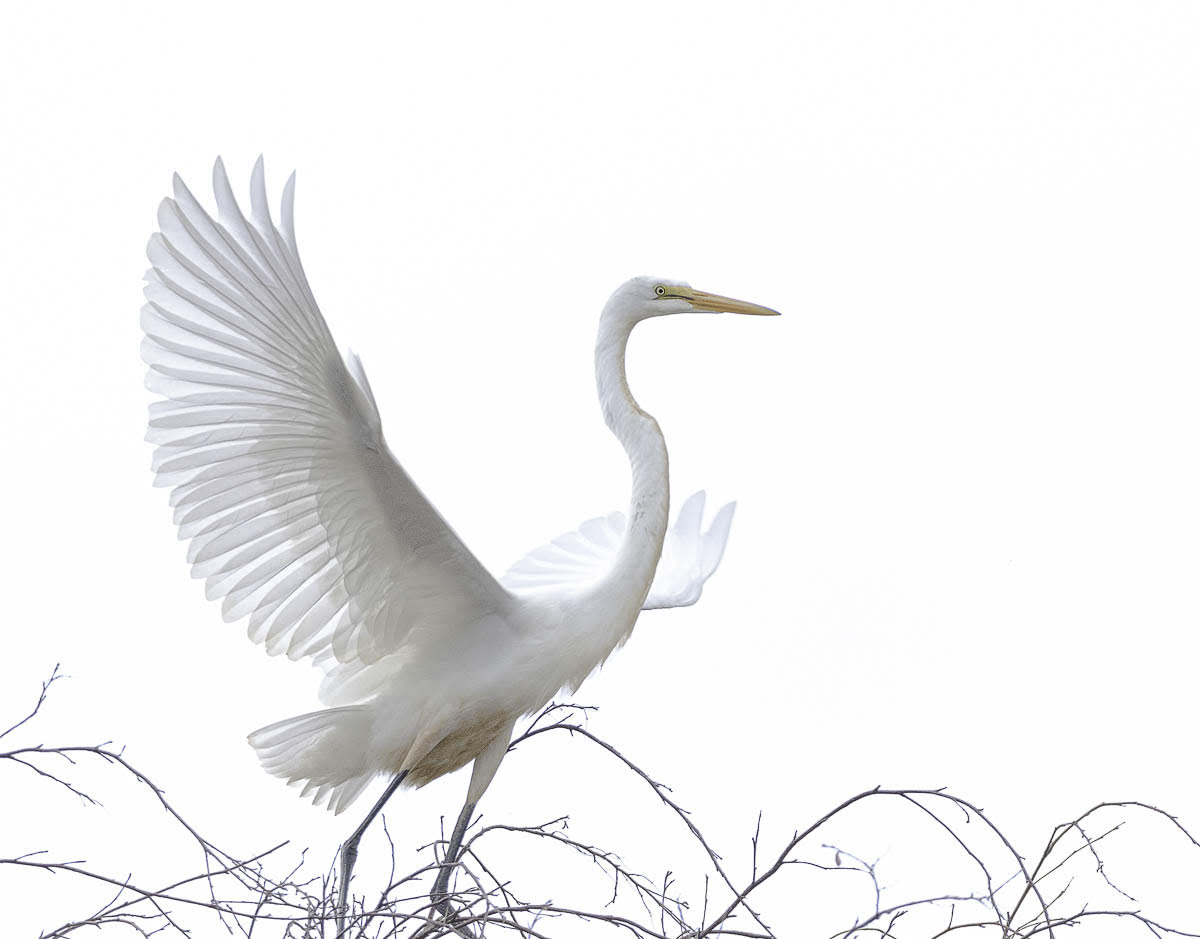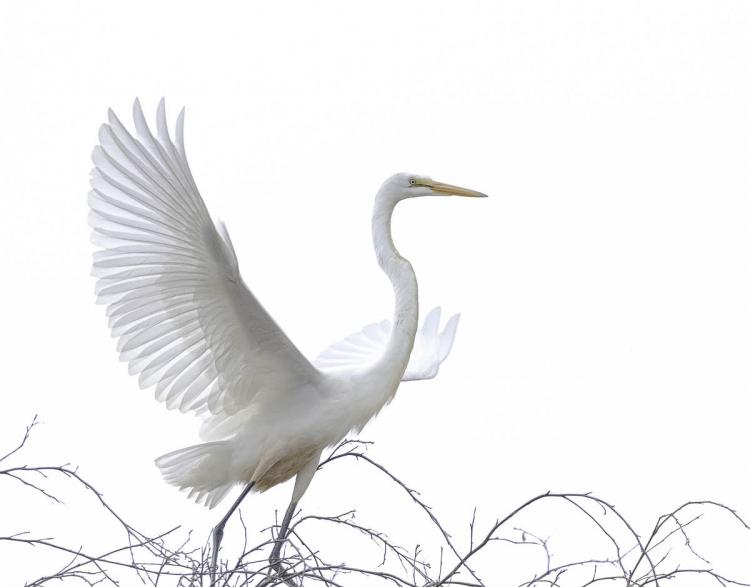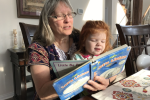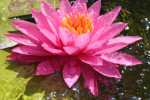Those who have cattle have care.
—Kenyan proverb
Simplicity is the art of seeing things as they are and making no attempt to argue that they are more than that, are other than that, can be dealt with in other ways and still be as pure, as honest as they are in themselves. The fact is that we do come into the world empty-handed, and we go out the same way, so why do we spend so much of life trying to acquire things? Simplicity is honesty, about life, about ourselves.
The simple person puts on no airs, requires no special attention, dominates no conversations, lives quietly and responsibly, seldom seeks the services of others and, even more so, seldom requires the best of anything, let alone everything.
They’re a rare breed, these simple people. In fact, the higher you go in the system, any system—finance, government, business, church—the harder they are to come by. Protocol takes over. But then, all the more refreshing they are when found. And they do exist. I know because I have known some.
I have known what the world would call “a socialite” who came from a working-class family and married into a world she had never experienced or could possibly be expected to know. There are, after all, strict rules for such things—but she never kept them. She answered her own door, cooked her own meals, did the dishes after her own dinner parties. She could have hired a platoon of people to do those things for her but she preferred to do them herself. She refused to forget what it felt like to clean up after people. Or do something for them personally, with her own hands, rather than have the secretary come up with something at the last minute.
The proof of her simplicity? Everyone—from groundskeeper to governor—felt comfortable in her presence. Thanks to her, they all learned to be a little more comfortable with themselves.
I have known a bishop who functioned as a pastor in a small, neighborhood, African-American church. He moved around the world with the elite of the elite but he did so in a worn pair of black trousers and an old black shirt. Politicians, who did not think it necessary to enhance their own standing by being seen among the gold-and-purple-silk set of ecclesiastical royalty, loved him. And so did the peasants and the children and the prisoners he talked to everywhere. None of them, in fact, could do enough for him but he never seemed to notice and he never, never asked for it.
I have known nuns who spend every minute of every day preparing for the next meal in a soup kitchen. They haul and tug and stir and serve—and call every guest by name. Like Jesus before them, they do not think that status and privilege, titles and honors are “things to be clung to.”
I knew a billionaire who lived in a single-story home in a quiet neighborhood on the edge of town. He owned no planes or yachts or exotic summer homes but when he died, he left 100 million dollars in gifts to all the neediest charities in town labeled “From an Anonymous Friend.”
That’s simplicity. No fanfare. No processions. No acknowledgments. Just the deep down conviction that we are who we are. And, depending on what we do with it, that is enough for anybody.
People like that are proof to the rest of us that there is no amount of things or images that can possibly improve on what we really are.
Monday, August 1: The need to have things and control others is insidious. It is a worm in the heart that dooms us to restlessness and discontent. It means that nothing is ever enough for us. We have missed the fine art of “letting go” and the freedom that comes with it. As the Kenyans say, “Those who have cattle have care.”
Tuesday, August 2: There is no life so secure as the life that does not seek security above all else. “My God,” the Muslim mystic prayed, “whatever share of this world you bestow on me, bestow it on my enemies, and whatever share of the next world you give to me, give it to my friends. You are enough for me.”
Wednesday, August 3: When Abba Macarius was in Egypt, he found a man with a mule stealing his belongings. Then, as though he were a stranger, he helped the robber to load the animal, and peacefully sent him off, saying: “We have brought nothing into the world, and we cannot take anything with us. Blessed be God in all things.” As this Desert tale reminds us: Desiring little, there is nothing that can really be taken from us.
Thursday, August 4: When we spend our lives attempting to acquire what we do not need and even seldom use, we waste our strength on things that neither stretch our souls nor satisfy our hearts. So why do it? “All that there is in the universe,” the Upanishads teach, “belongs to God. Enjoy it, sacrifice all, do not be greedy. After all, whose wealth is it?”
Friday, August 5: Look around you. Do you have everything you need? Then why are you exhausting yourself trying to get more? Learn to enjoy what you have and you will have everything life has to give. The Native American Sioux pray, “You, O God, are the God of the mountains and the valleys. Open my eyes to see their beauty.”
Saturday, August 6: To be blind to the fact that life is about more than things is to suffer the greatest handicap of them all. The fullness of life comes at the moment I recognize that I can fish off a yacht or a row boat; the fish will be the same.
Sunday, August 7: There are few things in life that can add to the joy—and the meaning—of the basics of life: food, shelter, health, love and the ability to sustain oneself. Everything else after that is bonus. “The ability to simplify,” Hans Hofmann writes, “means to eliminate the unnecessary so that the necessary may speak.”
Monday, August 8: When we get consumed by consumption we have lost our ability to grow as human beings on far simpler but far deeper levels.
Tuesday, August 9: Clutter, the heaping up of the cosmetic, the complicated and the needless, is a sign of the confusion of the human soul. Only when we can clear out the underbrush of life can we come to see our lives more clearly. D.H. Mondfleur says, “Eliminate physical clutter. More importantly, eliminate spiritual clutter.”
Wednesday, August 10: Simplicity is not the fine art of reducing the world to the groundless elementary. It is the high art of considering all of life and taking from it only what constitutes real beauty, genuine support and true assessment of everything in life. Albert Einstein, the simplest of all physicists, wrote, “Everything should be made as simple as possible, but not simpler.”
Thursday, August 11: It’s not difficult to complicate life. What is difficult is summoning the courage and the insight to disentangle it again.
Friday, August 12: Life comes to us simple and honest and clear. It is we who add layers upon layers of difficulty to it. Since we moved from pencils to computers, I have become more and more sure of that.
Saturday, August 13: Simplicity is when we can see the totality of an action before our eyes rather than get caught in the unknown middle of it—like turning screws on a nuclear accelerator on an assembly line. “People love chopping wood,” Einstein said. “In this activity one immediately sees results.”
Sunday, August 14: Being who we are rather than becoming who everybody else says we must be is the ultimate simplicity. Nothing is more difficult to acquire in life.
Monday, August 15: There is a very fine balance between not cluttering our lives with social fripperies and making friends, between having security and being immersed in nothing but money, between working hard and learning to live at the same time. It is the difference between the simple life and the complicated and stressful one. “Life is really simple,” Confucius writes, “but we insist on making it complicated.”
Tuesday, August 16: Simplicity requires that we live within the boundaries of our needs and reduce the expansion of our wants. And why do this? Mother Seton gives the reason: “Live simply so that others may simply live.”
Wednesday, August 17: We have newly discovered that to remove one brick from a tipsy economic system can be enough to bring the entire system down on the heads of us all. The only way to save ourselves from the worst of that in the future is to live within our means and to save safely for the future. But that demands that we learn to appreciate the difference between having what we need and getting what we want.
Thursday, August 18: Starbucks offers over 87,000 different drink options. Oh, please … Charles Dudley Warner wrote, “Simplicity is making the journey of this life with just baggage enough.”
Friday, August 19: When we have everything we need, what we need now is the insight to recognize it and the freedom of spirit to enjoy it. The want-makers of the world, Elise Boulding has pointed out, “have taught the happiness of having things.” Unfortunately, they have forgotten to teach us the happiness of not having things.
Saturday, August 20: Part of the problem associated with trying to live a more simple life is how to dispose of what we no longer need but can’t think of simply throwing away—if for no other reason than that it is still useful, still in good condition. Think “Next to New” store, “The Salvation Army,” used bookstores, a give-away table on the front lawn. For the sake of your own freedom, think.
Sunday, August 21: It’s not easy to live simply in a culture devoted to excess. “The trouble with simple living,” Doris Janzen Longacre writes, “is that, though it can be joyful, rich and creative, it isn’t simple.”
Monday, August 22: Of the entire population of the world, only 14.6% own cars. And most US families own two. What is that saying?
Tuesday, August 23: Neither we nor the country has been living within our means. In fact, the federal debt alone in 2020 was equivalent to $80,885 per capita—man, woman and child. And most of that has been accrued because of the greed and aggressiveness of a few.
Wednesday, August 24: Simplicity and serenity, simplicity and honesty, simplicity and openness, simplicity and acceptance are synonyms too long kept secret. But without them simplicity itself is fraud.
Thursday, August 25: Part of simplifying our lives depends on slowing them down. “Besides the noble art of getting things done,” Lin Yutang writes, “there is the noble art of leaving things undone. The wisdom of life consists in the elimination of non-essentials.” The question is, then, what are we adding to our already complex lives that we could/should eliminate?
Friday, August 26: Isn’t simplicity really what the ancients called “purity of heart,” that single-minded search for the essence of life rather than for a grasping after its frills, whatever shape those might take in our various worlds.
Saturday, August 27: Simplicity is the sign of the artistic soul. It strips the world down so that we can see what is beautiful rather than be smothered in what is superfluous. “Simplicity,” Leonardo da Vinci wrote, “is the ultimate sophistication.”
Sunday, August 28: The lack of simplicity shows less in acquiring things than it does in not disposing of things for which we have no use.
Monday, August 29: Sister Madeleva Wolff, CSC wrote once, “I like to go to Marshall Field’s in Chicago just to see how many things there are in the world that I do not want.” Nothing is freer than the soul that is free of desire.
Tuesday, August 30: When we come right down to it, is it possible that we buy to fill up for the lack of love we feel in living? Or as Sherwood Anderson put it once, “I go about looking at horses and cattle. They eat grass, make love, work when they have to, bear their young. I am sick with envy of them.”
Wednesday, August 31: They figured all of this out long ago. The 18th century ditty reads, “Rags make paper/Paper makes money/Money makes banks/Banks make loans/Loans make beggars/Beggars make rags.” Point: Be careful what you want. It will own you before you own it.
Let’s Share Our Thoughts
The following discussion questions, Scripture echoes, Journal prompts, and prayer are meant to help you reflect more deeply on The Monastic Way. Choose at least two suggestions and respond to them. You may do it as a personal practice or gather a group interested in sharing the spiritual journey. Once a month The Monastic Way staff will convene a Zoom conference where you can share your insights. Three times a year Sister Joan Chittister will join that Zoom conference to give more input and respond to your questions and ideas regarding one issue of The Monastic Way.
Discussion Questions
1. Why do you think we overconsume, buy more than we need? On August 30, Sister Joan posits: “Is it possible that we buy to fill up for the lack of love we feel in living?” Do you agree with her? Do you have another opinion?
2. Which daily quote in The Monastic Way is most meaningful to you? Why? Do you agree with it? Disagree? Did it inspire you? Challenge you? Raise questions for you?
3. After reading The Monastic Way write one question that you would like to ask the author about this month’s topic.
4. Joan Chittister uses other literature to reinforce and expand her writing. Find another quote, poem, story, song, art piece, novel that echoes the theme of this month’s Monastic Way.
5. In this poem Gary Snyder lists three things he believes are needed if we are going to make it as a human race. Why do you think he chose these three?
In the next century
or the one beyond that
they say,
are valleys, pastures.
We can meet there in peace
if we make it.
To climb these coming crests
one word to you, to
you and your children:
stay together,
learn the flowers,
go light.
Scripture Echo
Do not store up treasures for yourself here on earth where moth and rust destroy it, and where thieves can steal it. Store up treasures for yourself with God, where no moth or rust can destroy it or their steal it. For where your treasure is, there will your heart be also.
—Matthew 6:19-21
Draw a treasure box and put into it—either pictures or words—five things that are most important to you. Sit with that drawing for a while and let your heart speak.
Journal Prompts
Prompt 1. Here are a few statements from this month’s Monastic Way. Choose one that is most helpful to you and journal with it.
•Being who we are rather than becoming who everybody else says we must be is the ultimate simplicity.
•Nothing is freer than the soul that is free of desire.
•Simplicity is the sign of the artistic soul. It strips the world down so that we can see what is beautiful...
 Prompt 2: Spend a few minutes with this photograph and journal about its relationship to this month’s Monastic Way. You can do that with prose or a poem or a song or...
Prompt 2: Spend a few minutes with this photograph and journal about its relationship to this month’s Monastic Way. You can do that with prose or a poem or a song or...
Prayer
What else have I in heaven but you?
Apart from you I want nothing on earth.
My heart leaps for joy,
for you, O God.
are my portion forever.
—Psalm 73
JOAN CHITTISTER is an internationally known author and lecturer and a clear visionary voice across all religions. She has written more than 60 books and received numerous awards for her writings and work on behalf of peace and women in the church and in society.
KAREN BUKOWSKI, an Erie native, is a nature photographer and former LPGA and PGA Golf Professional who holds a master’s degree in public administration. Visit karenbukowskiphotography.com to find many nature and landscape photographs.

 Artwork: by Karen Bukowski
Artwork: by Karen Bukowski




